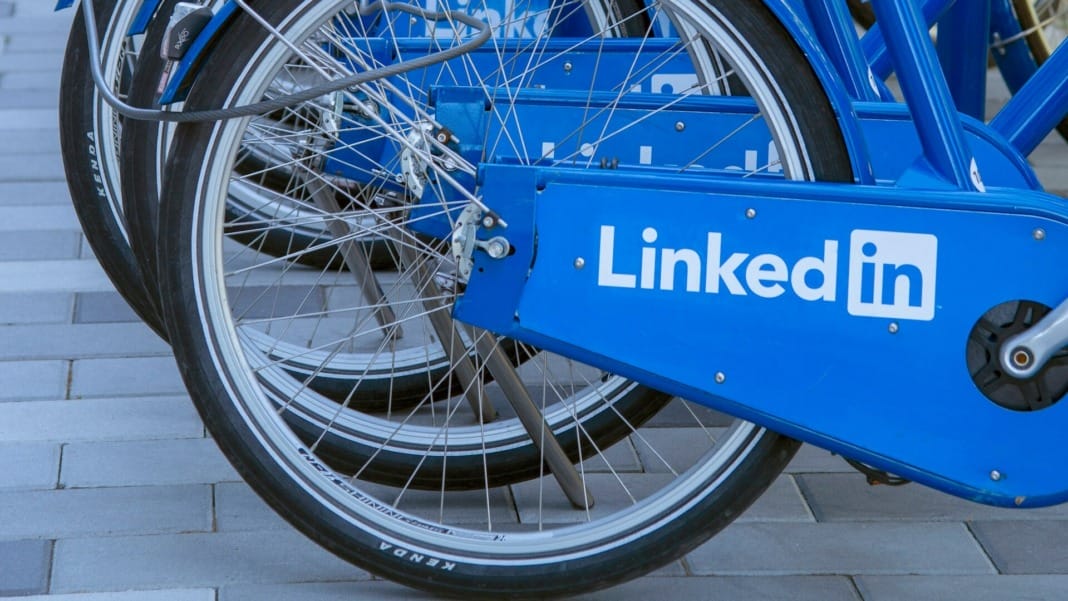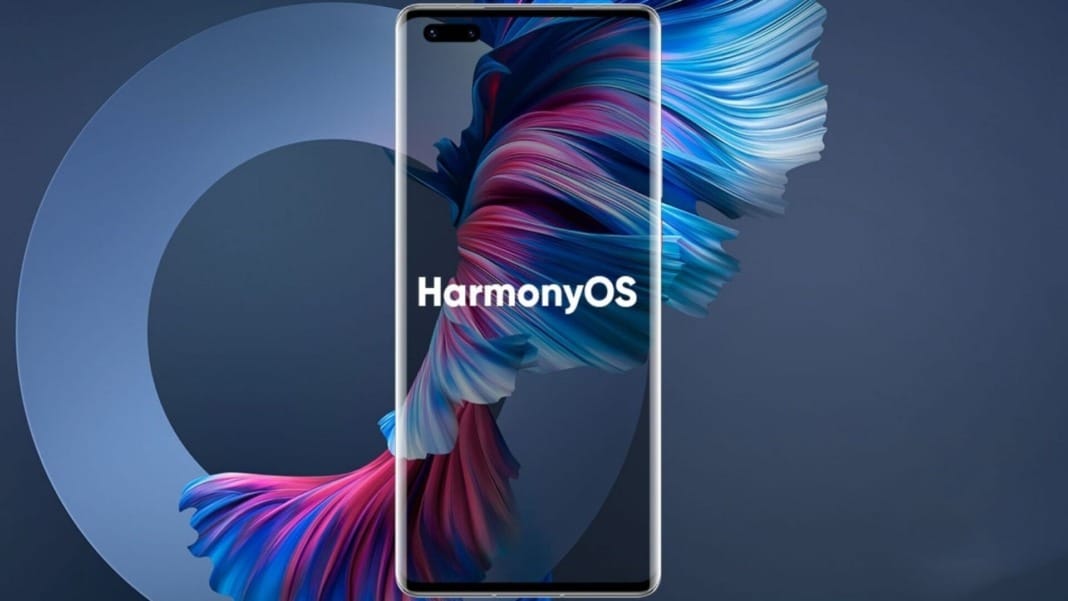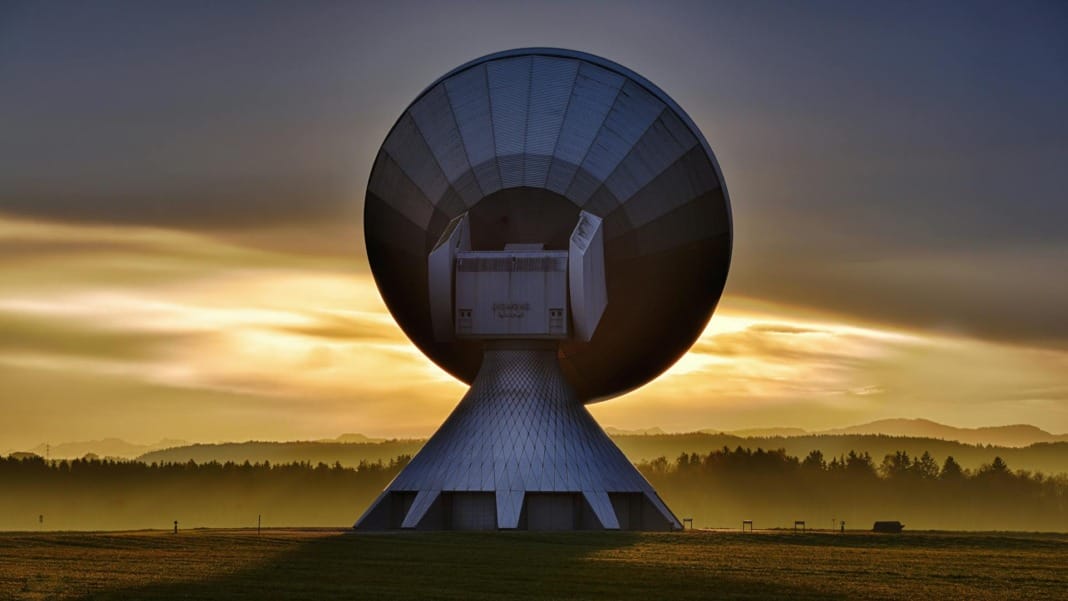LinkedIn, the bastion of professional networking owned by tech giant Microsoft, is taking a bold step into the realm of gaming. This move is designed to diversify the platform’s offerings and inject a dash of entertainment into the mix, aiming to enhance user engagement on a platform that already hosts over 1 billion users. Let’s delve into the details of how LinkedIn is gearing up to intertwine the worlds of professional networking and gaming.
The strategy behind the screens: Gaming meets networking
LinkedIn is not content to rest on its laurels in an era where the digital experience is constantly evolving. The platform is eagerly embracing the gaming craze, with plans to introduce its users to a series of games, namely “Queens,” “Inference,” and “Crossclimb.” This strategic move is inspired by the universal appeal of puzzle games, which have seen exponential growth in popularity, demonstrated by success stories like Wordle.
The initiative came to light through the diligent work of app researchers who unearthed code snippets hinting at LinkedIn’s new direction. Nima Owji revealed that LinkedIn might be experimenting with a novel concept: incorporating player scores linked to their workplaces, thereby allowing companies to be “ranked” based on these collective scores.
A LinkedIn spokesperson confirmed the foray into gaming, stating, “We’re playing with adding puzzle-based games within the LinkedIn experience to unlock a bit of fun, deepen relationships, and hopefully spark the opportunity for conversations. Stay tuned for more!” However, it’s important to note that the visuals shared by researchers do not reflect the final product.
Microsoft’s gaming empire meets LinkedIn’s professional network
Microsoft’s prowess in the gaming sector is undeniable, with a portfolio that includes Xbox, Activision Blizzard, and ZeniMax, generating a staggering US$7.1 billion in revenue last quarter alone. This merger between Microsoft’s gaming expertise and LinkedIn’s professional networking platform could pave the way for an unprecedented user experience. Yet, the exact nature of Microsoft’s involvement in this project remains a topic of speculation.
The allure of gaming, particularly puzzle-based casual games, is a proven driver of app popularity, revenue, and engagement on both mobile phones and PCs. This trend of leveraging gaming to enhance platform appeal is not new. It mirrors historical strategies, such as incorporating crossword puzzles in newspapers and magazines to boost reader engagement.
Reflecting on the past: The mixed outcomes of social platforms’ gaming ventures
The integration of gaming into social platforms is not without precedent. The New York Times’ acquisition of Wordle in 2022, which maintained a solid player base, exemplifies a successful integration of gaming into a platform’s broader ecosystem. This reflects LinkedIn’s ongoing quest to innovate and expand its feature set to maintain user engagement and relevance through initiatives ranging from online education and professional development to an expanded focus on news, video content, and creator engagement.
However, the tale of Facebook’s foray into gaming is a cautionary reminder. Despite its initial success in driving social gaming, Facebook eventually discontinued its standalone gaming app in 2022 amidst falling usage rates, shifting its focus towards mixed reality experiences and its Meta Quest business.
As LinkedIn ventures into the gaming arena, the professional networking platform is set to test how entertainment can coexist with professional development and networking. This innovative approach may well redefine user engagement on professional platforms, offering a blend of leisure and networking that has yet to be fully explored in the digital domain.





